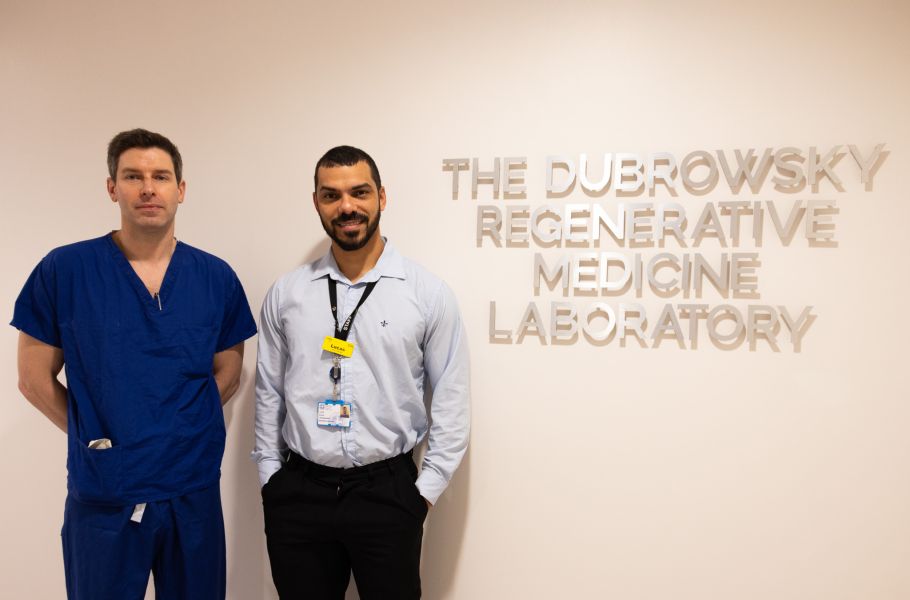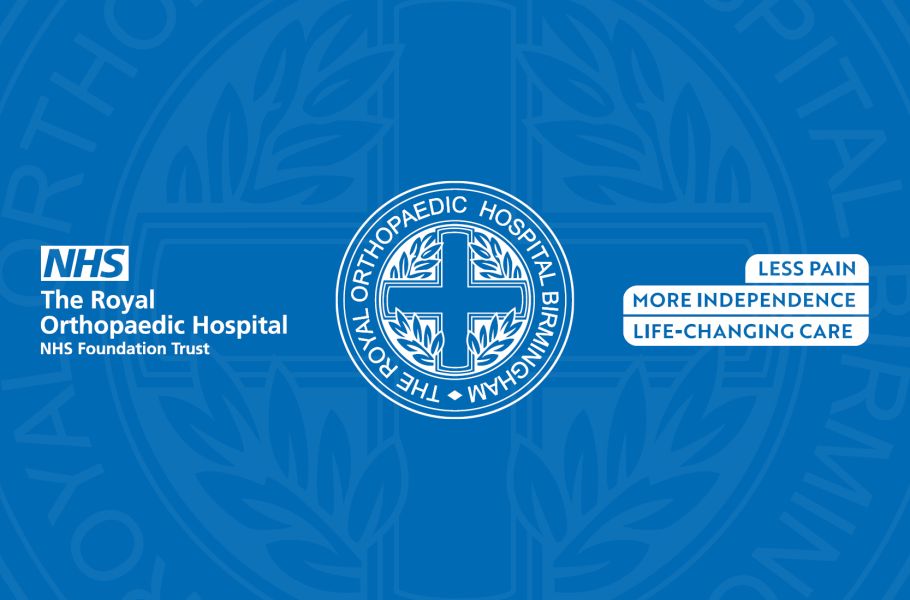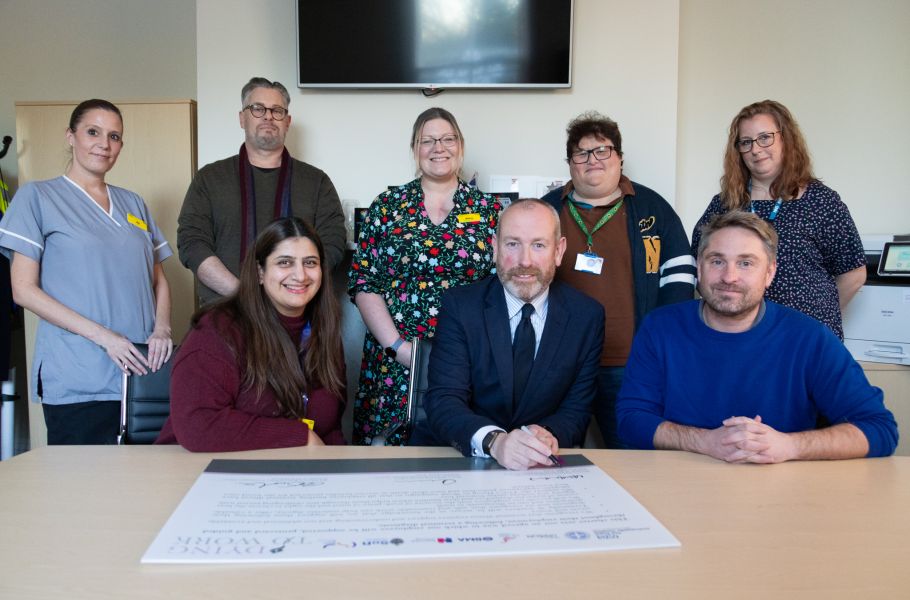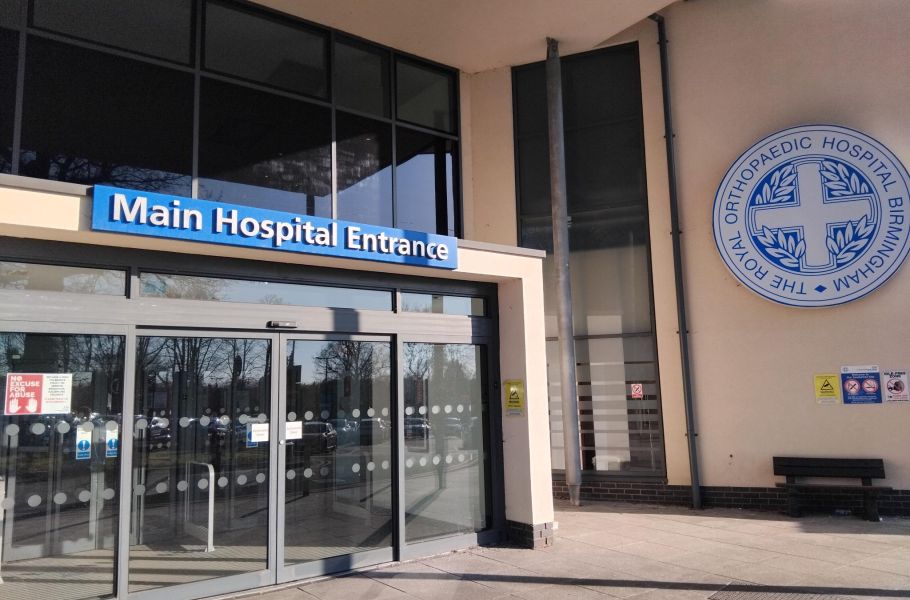Global Orthopaedic Oncology Specialists to Meet in Birmingham for Consensus Meeting
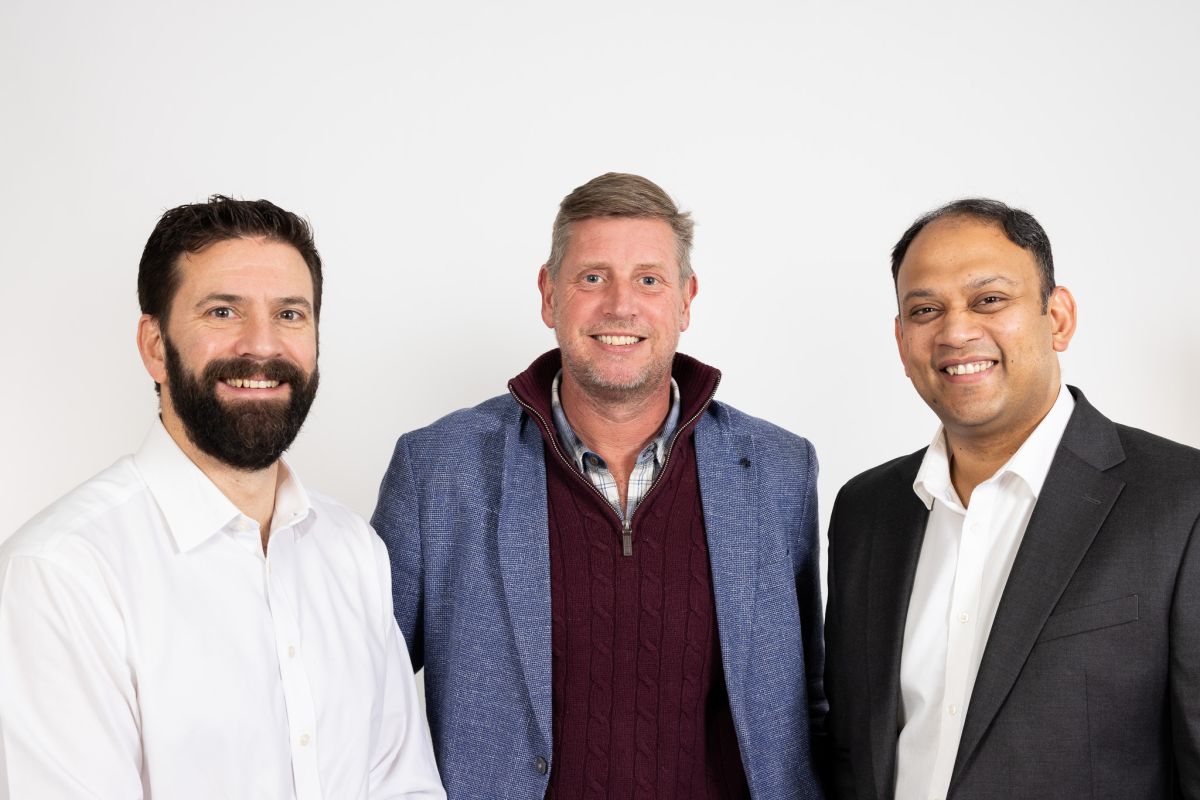
Birmingham Orthopaedic Oncology Meeting: The Consensus Brings Together Experts to Discuss Improvements in Diagnosis and Treatment
Taking place in Birmingham 29th and 30th January 2024, the Birmingham Orthopaedic Oncology Meeting will explore global challenges in managing soft tissue bone cancers and post-surgery infections of prosthesis and gain a consensus on diagnosis and treatment.
The 2-day meeting is hosted by the Birmingham Orthopaedic Oncology Service at the Royal Orthopaedic Hospital NHS Foundation Trust, and is headed by Lee Jeys, Vineet Kurisunkal and Guy Morris.
Guy Morris, Consultant Orthopaedic Surgeon at the Royal Orthopaedic Hospital, said: “In a speciality as critical as Orthopaedic oncology, decisions about treating patients can be difficult with little evidence or conflicting evidence about key topics.
“Chondrosarcoma is a rare type of primary bone cancer (also called bone sarcoma) of the cartilage cells. There is currently a wide discrepancy in diagnosis and treatment around the world and with recent changes in definition of chondrosarcoma by the World Health Organisation (WHO). This has led to further confusion about best treatment. Added to this is the challenge that biopsies are rarely accurate in establishing aggressiveness of tumours, which can result in varied management strategies and poorer oncological outcomes.”
In addition to a discussion on chondrosarcomas, the consensus will consider Infected Oncology Reconstructions. For some patients with a sarcoma, there is a need for a prothesis due to the removal of the affected bone. Periprosthetic joint infection (PJI) remains one of the dreaded complications of surgery for bone tumours.
Because oncology patients undergo varied treatment plans (chemotherapy, radiotherapy, etc.) depending on the nature of their diagnosis, and as there is a higher prevalence of primary bone cancer in young patients, management of oncological periprosthetic joint infections is not well defined and therefore there are wide variances in treatment across the world.
The Birmingham Orthopaedic Oncology Service at the Royal Orthopaedic Hospital is the leading centre for orthopaedic oncology in the world. The team specialises in the diagnosis and treatment of benign and malignant tumours of bone and soft tissues and has published over 90 scientific publications on PJI in arthroplasty and Oncology and over 67 papers on chondrosarcoma.
Professor Lee Jeys, Consultant Orthopaedic Surgeon at the Royal Orthopaedic Hospital, added: “This meeting will welcome over 300 attendees from over 50 countries and bring together orthopaedic oncology specialists from across the globe for the first time to agree international guidelines. We’re looking forward to the outcome of the consensus as it will help co-ordinate orthopaedic oncological practices here in the UK and across the globe.”
Photo caption: Mr Guy Morris, Professor Lee Jeys and Mr Vineet Kurisunkal
